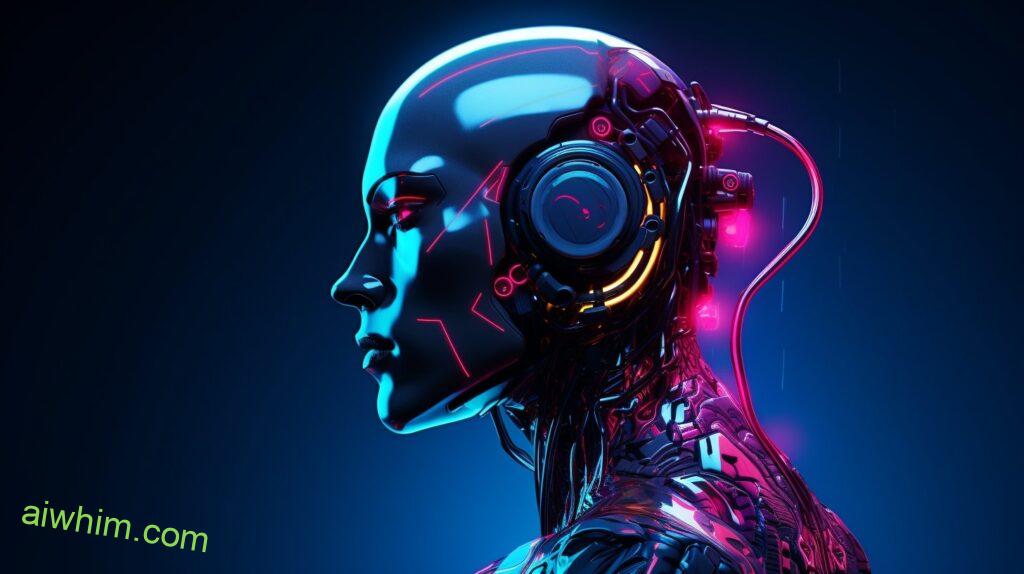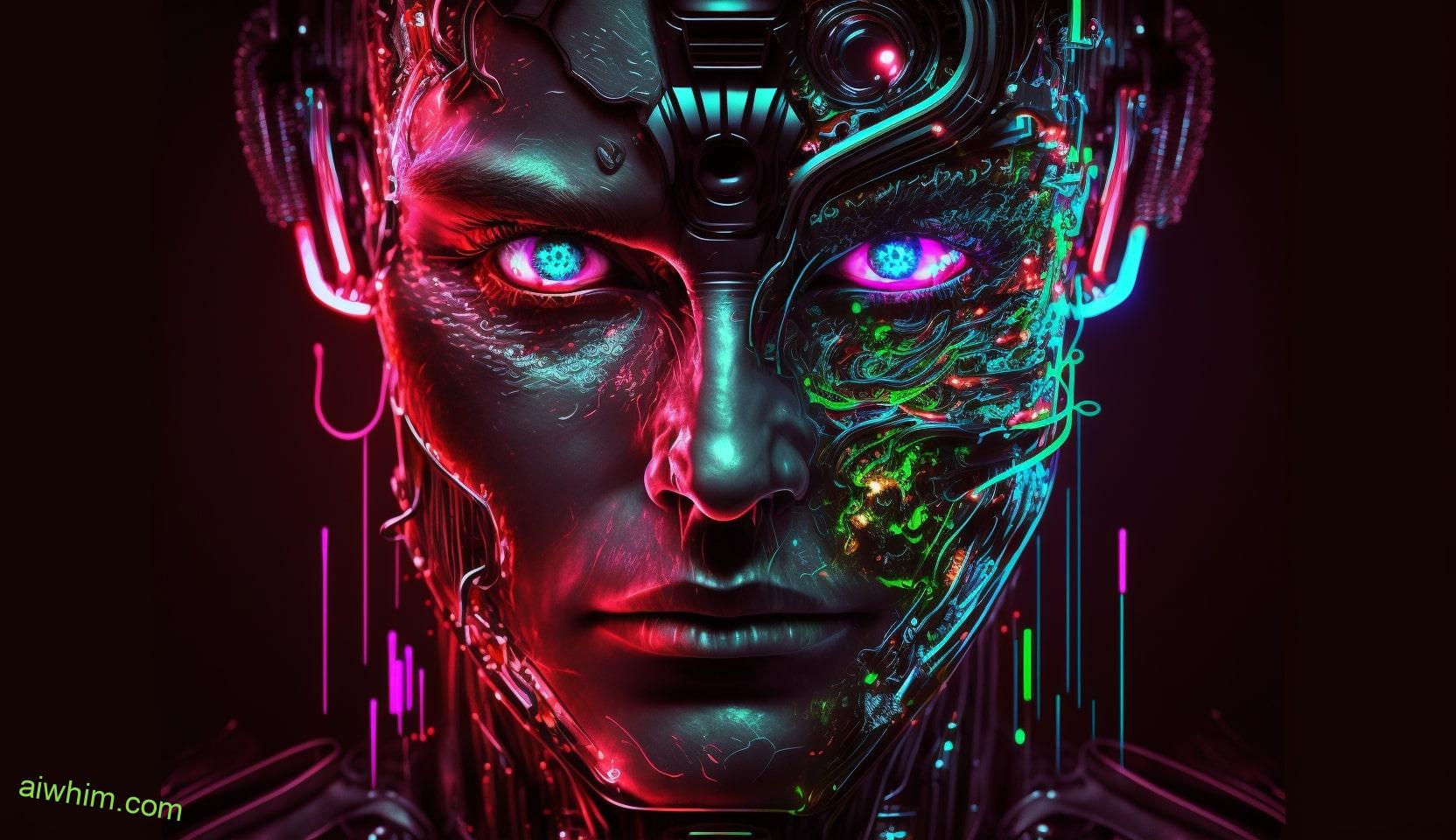You may be skeptical about how artificial intelligence (AI) could actually reshape the careers of dental laboratory technicians.
However, as technology continues to advance, the impact of AI on this field cannot be ignored.
From automating certain tasks to enhancing precision and accuracy, AI has the potential to revolutionize the way dental prosthetics are created.
In this discussion, we will explore the role of AI in dental laboratory technology, the opportunities and challenges it presents, and what the future may hold for dental technicians in an AI-driven world.
Stay tuned to discover how this rapidly evolving technology is reshaping the landscape of dental laboratory careers.
Key Takeaways
- AI has transformed dental laboratory technology, streamlining prosthetic fabrication and enabling accurate digital models of patients’ teeth and gums.
- Automation and AI-powered CAD/CAM systems improve accuracy, precision, and productivity in dental prosthetics creation.
- AI tools and software streamline workflow, automate design and manufacturing processes, and enhance accuracy and precision in dental appliance production.
- AI reshapes the skills and training required for dental technicians, empowering them to adapt to new technologies and deliver high-quality dental prosthetics.

The Role of AI in Dental Laboratory Technology
AI has significantly transformed the field of dental laboratory technology, revolutionizing the way dental laboratory technicians work. One of the key areas where AI has made a significant impact is in the role of machine learning in dental prosthetics.
With the advent of AI-powered dental CAD/CAM systems, technicians now have access to advanced tools and technologies that have streamlined the prosthetic fabrication process. Machine learning plays a crucial role in dental prosthetics by enabling the development of more accurate and precise dental restorations.
AI algorithms can analyze vast amounts of data, including patient scans and dental records, to create highly accurate digital models of patients’ teeth and gums. This allows technicians to design and fabricate prosthetic devices that fit perfectly and provide optimal functionality.
AI-powered dental CAD/CAM systems have also simplified the prosthetic manufacturing process. These systems automate various stages of the production, from digital design to milling and finishing. This automation not only saves time but also improves the consistency and quality of the final prosthetic devices.
Furthermore, AI has also enhanced the communication between dental laboratory technicians and dentists. With AI-powered systems, technicians can collaborate with dentists remotely, sharing digital designs and receiving feedback in real-time. This streamlined communication improves efficiency and reduces the need for physical appointments, providing more freedom for both technicians and patients.

Automation and Efficiency in Dental Prosthetics Creation
With the advancements in AI-powered dental CAD/CAM systems, you, as a dental laboratory technician, are now able to create prosthetic devices with increased automation and efficiency. This new technology has revolutionized the field of dental prosthetics, providing numerous benefits for both technicians and patients.
One of the key benefits of automation in dental prosthetics creation is improved accuracy and precision. AI-powered CAD/CAM systems can analyze digital impressions and create virtual models of patients’ teeth, ensuring a more precise fit for the prosthetic device. This eliminates the need for manual adjustments and reduces the risk of errors, ultimately leading to better outcomes for patients.
Furthermore, automation saves time and increases productivity in the dental laboratory. With digital dentistry, technicians can now design and manufacture prosthetic devices more quickly and efficiently. The automated processes streamline workflows, allowing technicians to focus on more complex tasks that require their expertise. This not only improves efficiency but also enhances job satisfaction by eliminating tedious and repetitive tasks.
In addition, automation in dental prosthetics creation enables better communication and collaboration between dental professionals. Digital impressions can be easily shared with dentists and other members of the dental team, facilitating a seamless workflow and reducing the chances of miscommunication or errors. This ultimately leads to better patient care and outcomes.

Streamlining Workflow With AI Tools and Software
To optimize your workflow and streamline efficiency, incorporate AI tools and software into your dental laboratory technician practice. With advancements in technology, AI has become an invaluable asset in the field of dentistry. AI tools for quality control can help you ensure the accuracy and precision of your work, saving you time and effort. These tools use machine learning algorithms to analyze data and detect any potential errors or inconsistencies in your dental prosthetics. By incorporating AI into your quality control process, you can minimize the risk of producing faulty products and enhance the overall quality of your work.
In addition to quality control, AI-driven CAD/CAM systems can revolutionize the way you create dental prosthetics. These systems use artificial intelligence to automate the design and manufacturing process, reducing the need for manual intervention. By using AI-driven CAD/CAM systems, you can streamline your workflow and increase productivity. These systems can generate digital models of dental prosthetics based on patient scans, allowing for precise customization and faster turnaround times. With the help of AI, you can create dental prosthetics with greater accuracy and efficiency, meeting the needs of your patients more effectively.
Incorporating AI tools and software into your dental laboratory technician practice can significantly improve your workflow and enhance your efficiency. With AI tools for quality control, you can ensure the accuracy and precision of your work, minimizing the risk of producing faulty products. AI-driven CAD/CAM systems can automate the design and manufacturing process, allowing for faster production and customization. By embracing AI technology, you can streamline your workflow, save time, and deliver high-quality dental prosthetics to your patients.

Enhancing Accuracy and Precision in Dental Appliance Production
By incorporating advanced technology, you can significantly improve the accuracy and precision of your dental appliance production. Utilizing these advancements can enhance your productivity and reduce errors in the process.
Here are some ways in which you can enhance accuracy and precision in dental appliance production:
- Digital Scanning and Design: Using digital scanners and software, you can create precise digital models of patients’ teeth. This eliminates the need for traditional impressions and allows for more accurate measurements and designs.
- Computer-Aided Manufacturing (CAM): CAM systems can be used to automate the production process of dental appliances. By inputting the digital designs into the CAM software, you can ensure consistent and precise fabrication of the appliances, reducing human error.
- 3D Printing: 3D printing technology allows for the creation of highly accurate and precise dental appliances. By directly printing the appliance from a digital design, you can eliminate the need for manual fabrication, reducing the chances of errors.
- Quality Control Systems: Implementing quality control systems can help ensure that the final dental appliances meet the required specifications. These systems can include automated checks and inspections to identify any potential errors or defects.
- Training and Education: Investing in training and education programs for yourself and your staff can enhance skills and knowledge in dental appliance production. This can lead to improved accuracy and precision in the manufacturing process.
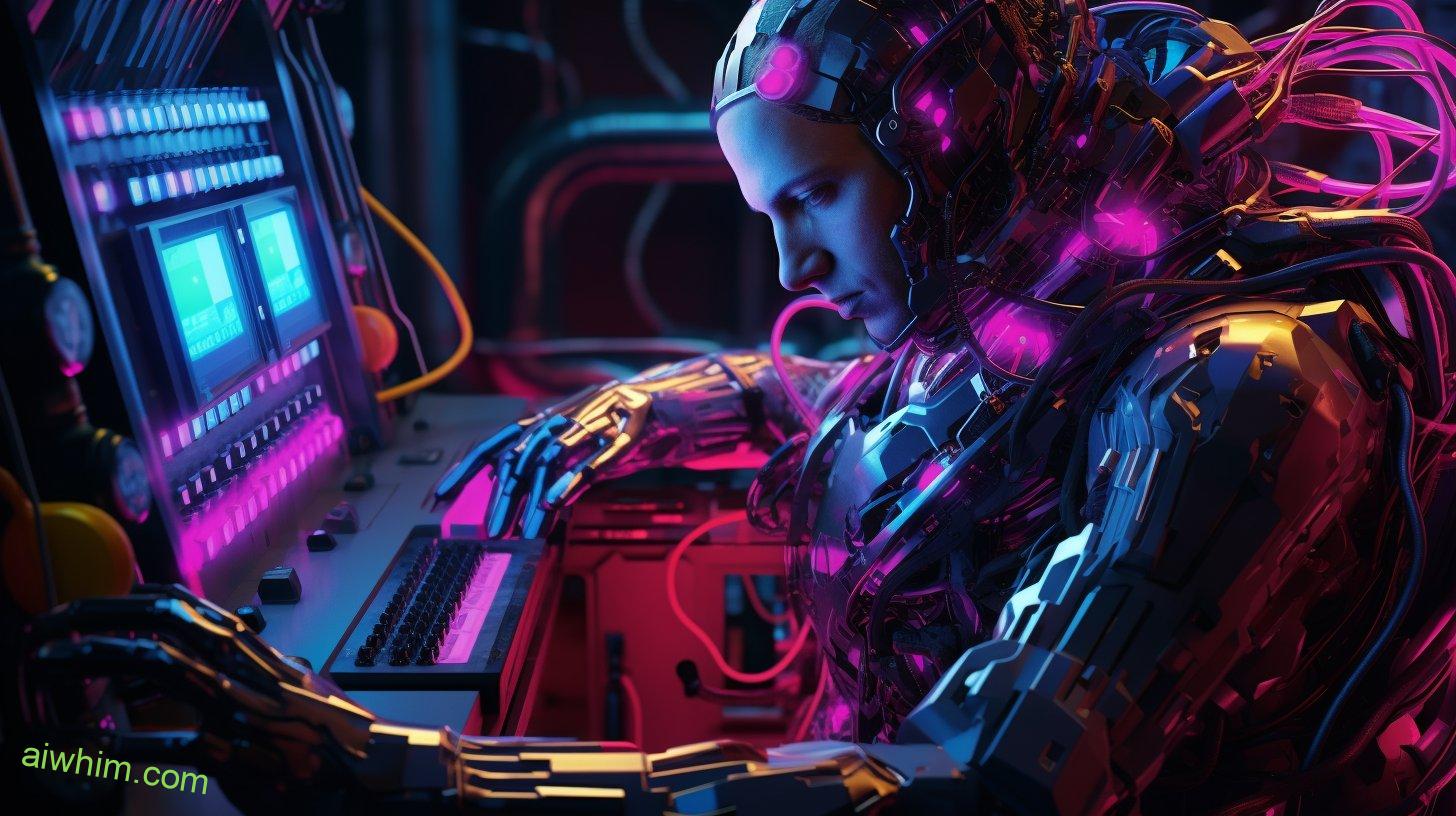
The Impact of AI on the Skills and Training of Dental Technicians
AI has revolutionized the field of dental technology, transforming the skills and training required for dental technicians. The impact of AI on dental technicians’ training and skills can’t be overstated.
With the introduction of AI-powered software and tools, dental technicians are now able to streamline their work processes, improve efficiency, and enhance the quality of their work.
One of the key ways in which AI has impacted dental technicians’ skills is through the automation of certain tasks. AI algorithms can now analyze dental scans and images, allowing technicians to quickly identify potential issues and develop appropriate treatment plans. This not only saves time but also ensures greater accuracy and precision in the fabrication of dental appliances.
Furthermore, AI has also revolutionized the training methods for dental technicians. With the availability of virtual reality (VR) and augmented reality (AR) technologies, technicians can now engage in immersive training experiences. They can simulate various dental procedures and practice their skills in a realistic virtual environment. This allows technicians to gain hands-on experience and develop their expertise without the need for real patients or physical dental equipment.
In addition, AI-powered training platforms provide technicians with personalized learning experiences. These platforms can analyze the technician’s performance, identify areas for improvement, and provide targeted training modules. This targeted approach helps technicians to develop their skills more effectively and efficiently.
It is important for dental technicians to embrace the impact of AI on their profession and adapt their skills and training accordingly. By staying updated with the latest technological advancements and continuously learning new techniques, dental technicians can ensure that they remain relevant in the ever-evolving field of dental technology. AI may reshape the skills and training required for dental technicians, but it also presents exciting opportunities for growth and advancement in the profession.
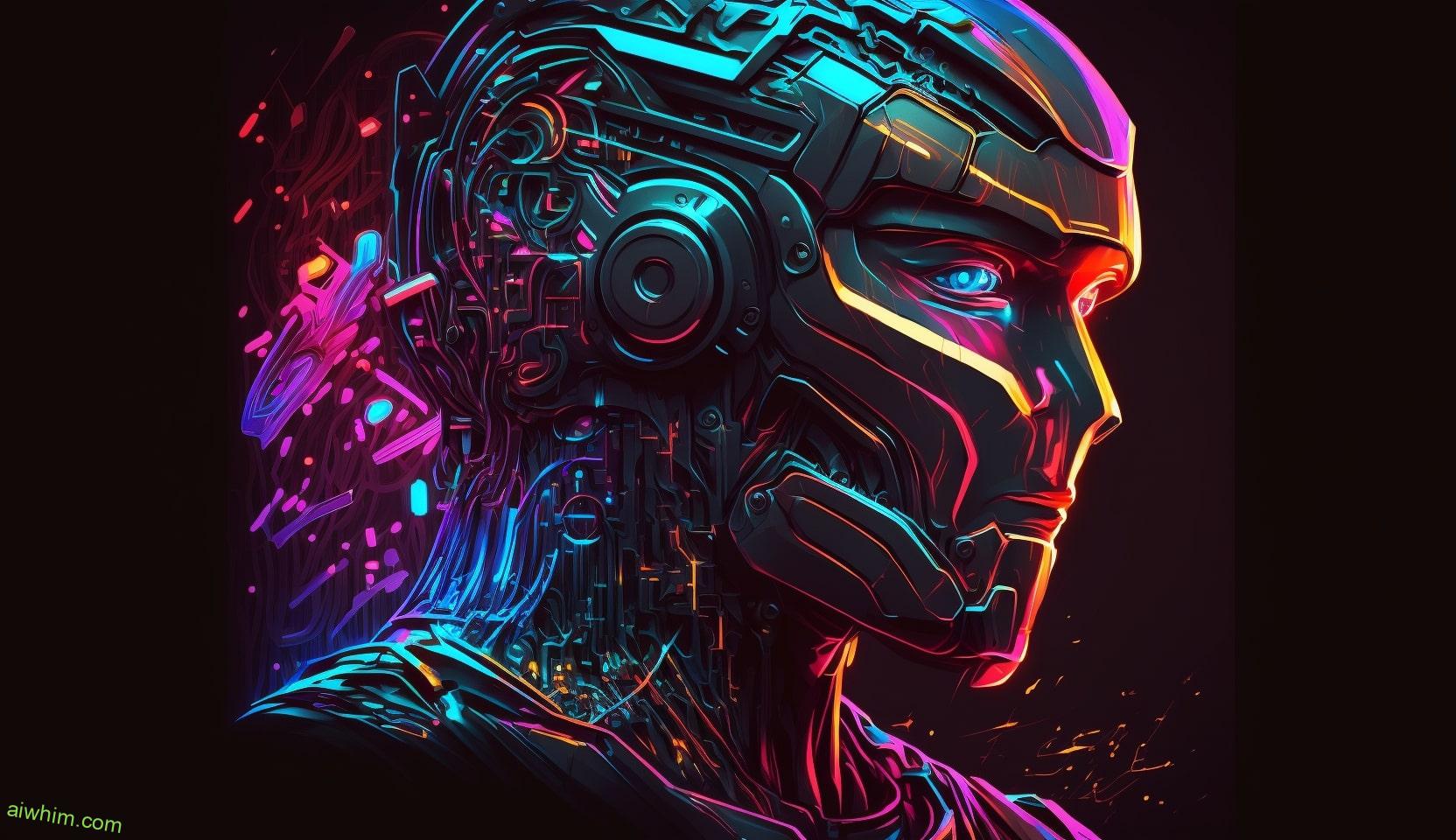
Exploring New Opportunities and Challenges in the Industry
As a dental technician, you can explore new opportunities and face unique challenges in the ever-evolving industry. With the advancements in AI technology, there are both exciting new job opportunities and potential job displacement to consider. Here are some key points to help you navigate this changing landscape:
- New Job Opportunities
- Embrace digital dentistry: As AI continues to reshape the industry, there’s a growing demand for dental technicians who are skilled in digital dentistry techniques. By adapting to this new technology, you can position yourself for a wide range of job opportunities.
- Specialize in CAD/CAM: Computer-aided design and computer-aided manufacturing (CAD/CAM) technology is becoming increasingly important in dental laboratories. By specializing in this area, you can become an invaluable asset to dental practices and laboratories.
- Potential Job Displacement
- Embrace AI as a tool, not a replacement: While AI has the potential to automate certain aspects of the dental laboratory process, it’s important to remember that it’s a tool, not a replacement for skilled technicians. By embracing AI technology and using it to enhance your skills, you can stay ahead of potential job displacement.
- Focus on high-value tasks: As AI takes over routine tasks, it frees up your time to focus on more complex and high-value tasks, such as designing and fabricating complex dental prosthetics. By continuously honing your skills and staying up-to-date with industry trends, you can ensure your relevance in the field.
In this ever-evolving industry, there are plenty of new opportunities to explore as a dental technician. By embracing digital dentistry, specializing in CAD/CAM, and staying up-to-date with the latest advancements in AI technology, you can position yourself for success in the face of potential job displacement. Remember, the key is to adapt and use AI as a tool to enhance your skills, rather than viewing it as a threat.
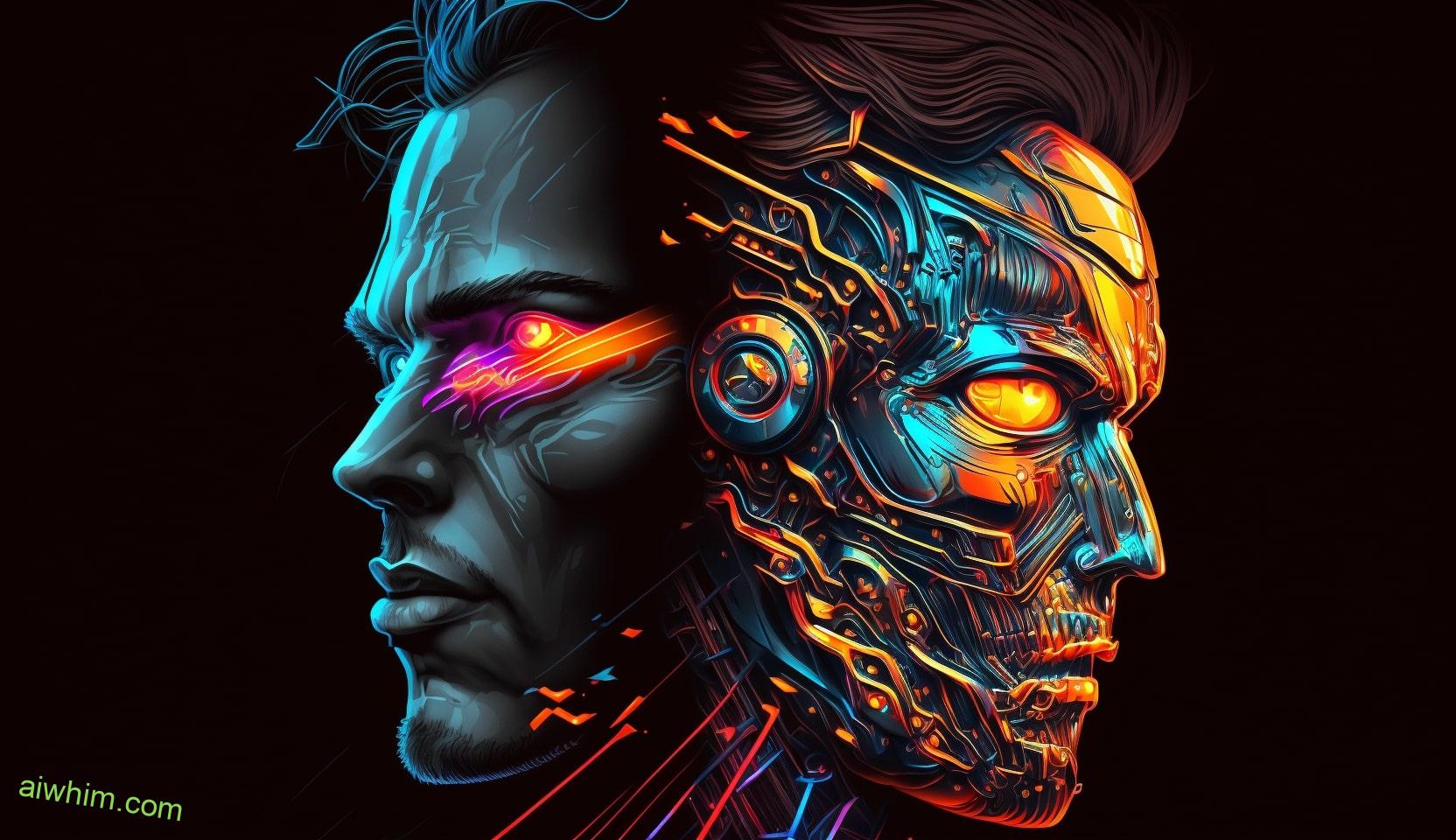
Looking Ahead: The Future of Dental Laboratory Technicians in an AI-driven World
Looking ahead in an AI-driven world, dental laboratory technicians must anticipate the changes and advancements that will shape their future careers. With AI-driven advancements in dental laboratory technology, the landscape of the industry is set to undergo significant transformations. It’s crucial for dental technicians to understand what these advancements mean for their profession and how AI is reshaping the future of dental prosthetics.
AI-driven advancements in dental laboratory technology have the potential to revolutionize the way dental technicians work. With the help of AI, technicians can expect an increase in efficiency and accuracy in their daily tasks. AI algorithms can analyze vast amounts of data and provide valuable insights, allowing technicians to make more informed decisions when creating dental prosthetics. This not only saves time but also improves the quality of the final product.
Furthermore, AI-driven technology can streamline the workflow in dental laboratories. For example, AI-powered software can automate repetitive tasks, such as scanning and designing dental prosthetics, reducing the time and effort required by technicians. This automation frees up their time to focus on more complex and specialized aspects of their work.
However, it’s important to note that AI won’t replace dental technicians entirely. While AI can assist in various aspects of the dental laboratory process, the expertise and creativity of technicians will still be essential. Technicians will continue to play a vital role in interpreting and implementing AI-generated data, ensuring that the final dental prosthetics meet the specific needs and preferences of each patient.
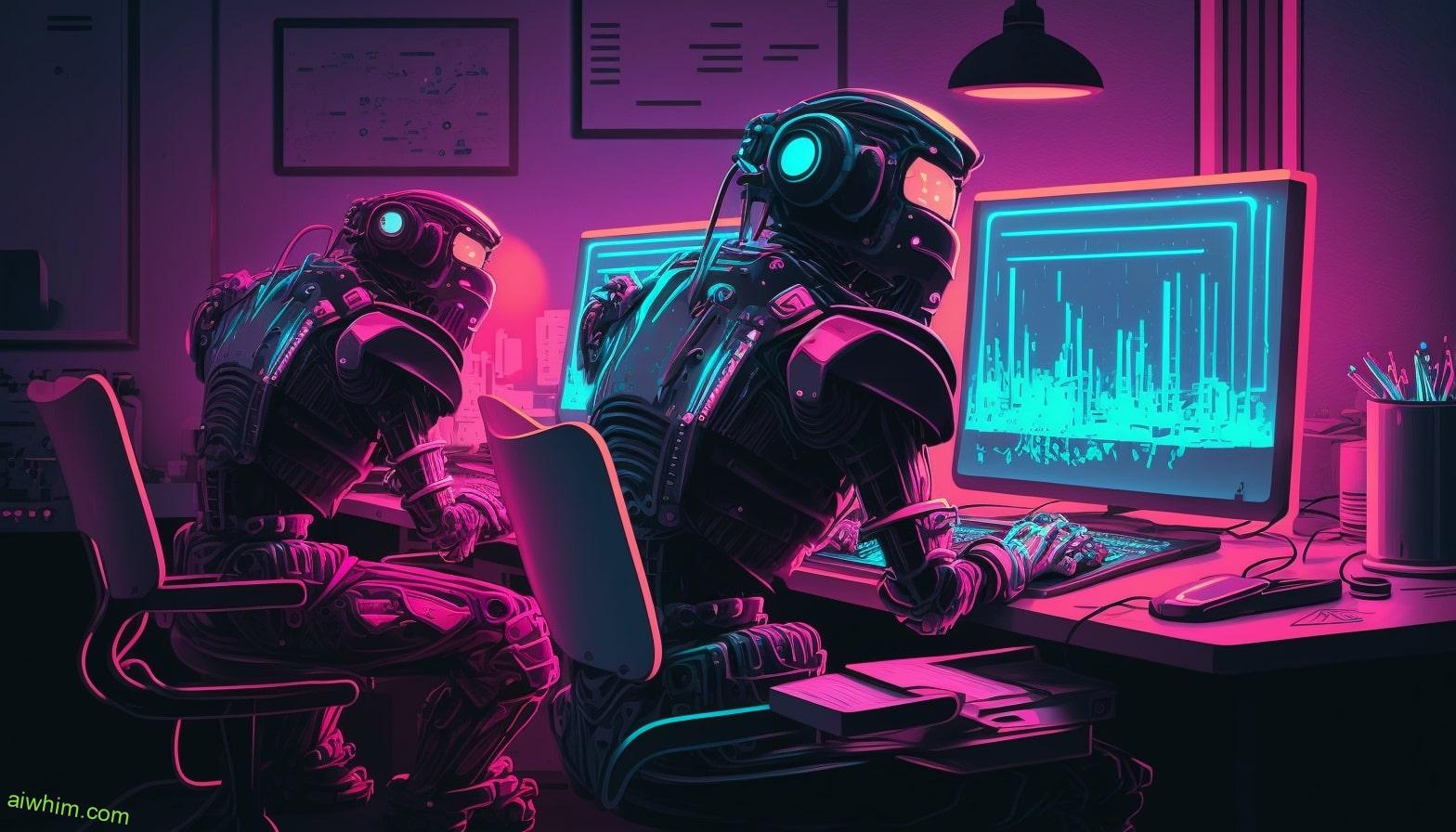
Frequently Asked Questions
How Does AI Technology Affect the Job Market for Dental Laboratory Technicians?
AI technology significantly impacts the job market for dental laboratory technicians. The introduction of AI has led to changes in job roles and responsibilities, as well as increased efficiency and productivity in the field.
What Specific Tasks Can Be Automated With AI in the Creation of Dental Prosthetics?
With AI advancements, the automation potential in creating dental prosthetics is immense. Tasks like digital scanning, designing, and milling can be efficiently automated, giving you more freedom to focus on complex procedures and patient care.
How Do AI Tools and Software Streamline the Workflow in Dental Laboratories?
AI tools and software can streamline your workflow in dental laboratories by improving efficiency and reducing costs. With automated processes and data analysis, you can save time and resources, allowing you more freedom in your work.
In What Ways Does AI Enhance the Accuracy and Precision of Dental Appliance Production?
AI takes dental appliance production to new heights, enhancing accuracy and precision like never before. It’s a game-changer for dental technicians, revolutionizing their careers and paving the way for a future of limitless possibilities.
What New Skills and Training Will Dental Technicians Need to Adapt to the AI-Driven Industry?
To adapt to the AI-driven industry, dental technicians will need new skills and training. They’ll have to navigate the impact of AI on job satisfaction and overcome challenges in implementing AI in dental laboratory practices.

Conclusion
In this AI-driven world, dental laboratory technicians are experiencing a reshaping of their careers. With the help of AI technology, they’re able to automate and streamline their workflow, enhancing efficiency and precision in dental prosthetics creation.
However, this transformation also brings new challenges and opportunities for technicians, requiring them to adapt their skills and training. As the industry evolves, dental laboratory technicians must embrace the future and explore the endless possibilities that AI brings to their field.

